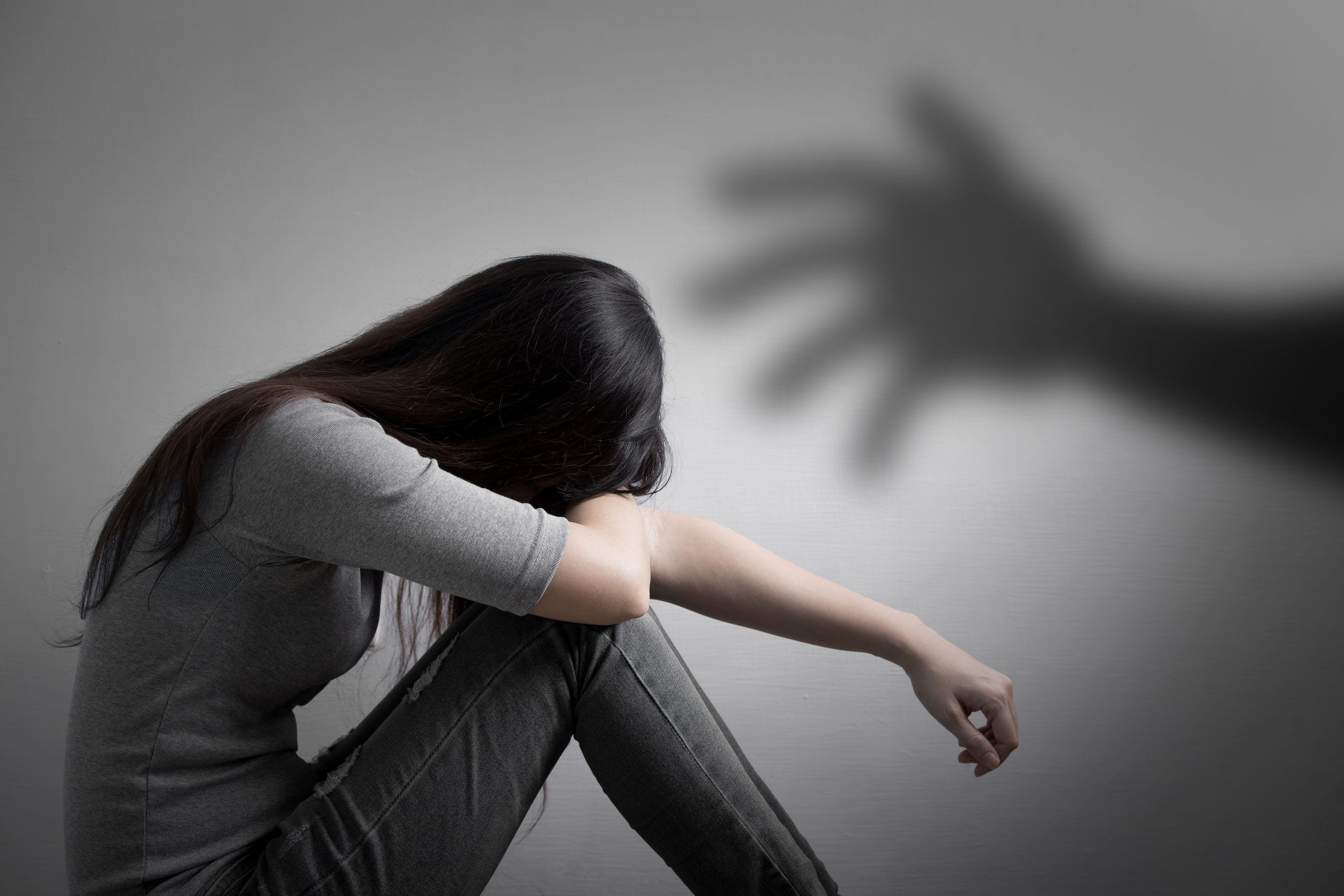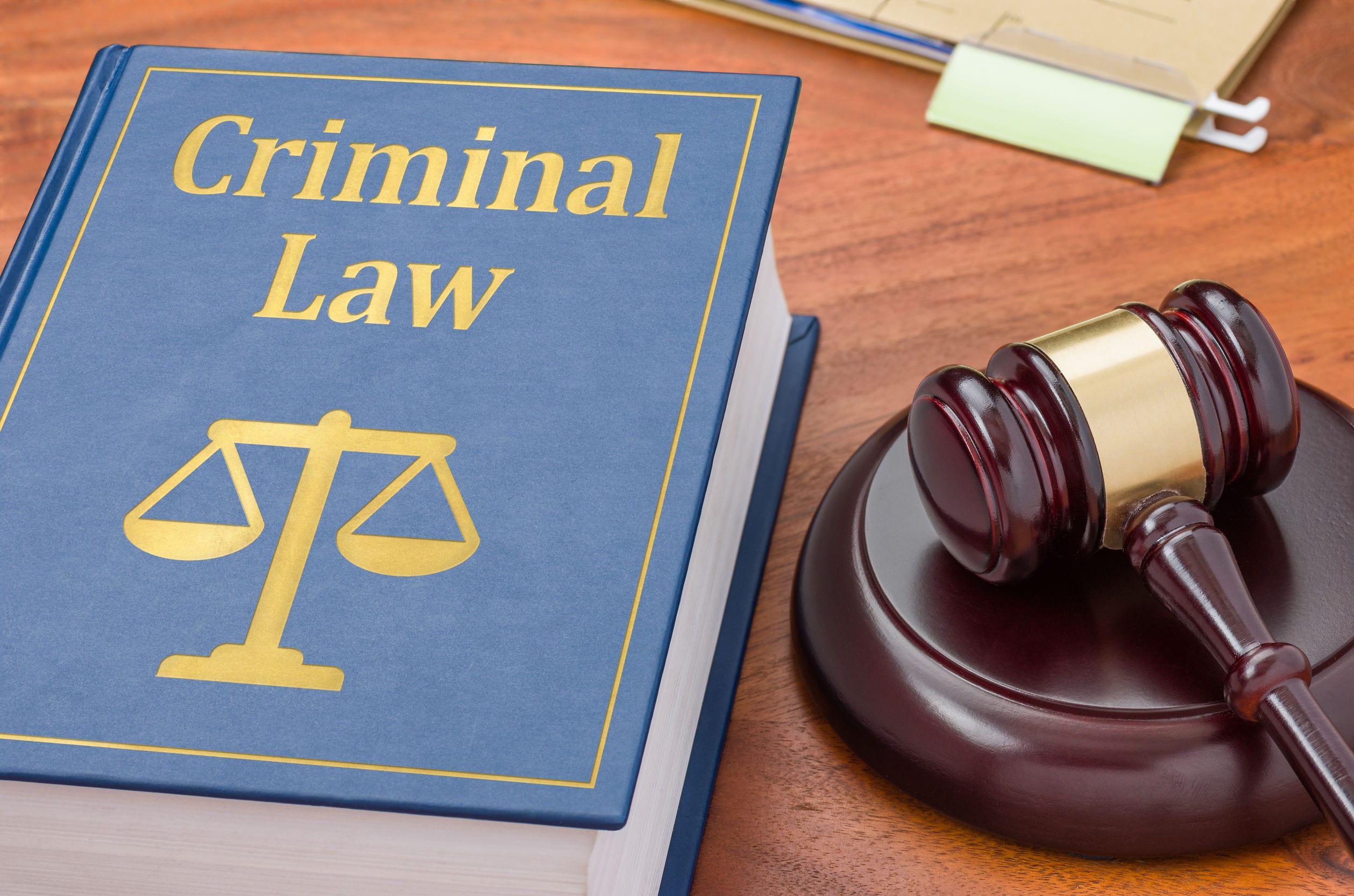- Home
- THE FIRM+
- Criminal Defense+
- CASE RESULTS
- AREAS WE SERVE+
- FAQ’s
- Blog
- Contact
AZHARI LLC BLOG
Oct. 7 2020
Isn’t All Sexual Abuse in Illinois Criminal?

Posted By: Sami Azhari
Category:
If you’ve heard the term “criminal sexual abuse,” it might make you wonder: Isn’t all sexual abuse a crime? The short answer is yes.
So then why isn’t the charge simply called sexual abuse rather than criminal sexual abuse? Because a sexual abuse case isn’t always only presented in criminal court. In Illinois, victims also have the right to file a civil suit against their perpetrators.
In other words, if you are accused of sexual abuse, you could potentially end up in court twice for the same alleged incident. One where the state is prosecuting you for a criminal act, and another where the victim is suing you for allegedly causing them harm.
Let’s take a closer look.
Criminal Sexual Abuse Charges in Illinois
There are actually two possible types of criminal sexual abuse charges in this state: base criminal sexual abuse charges and aggravated criminal sexual abuse. As you might guess, the aggravated charge is the more serious of the two.
What Constitutes Criminal Sexual Abuse
According to Illinois law, this crime occurs when sexual conduct or penetration involves:
- Force, the threat of force, or when the perpetrator knows the other party cannot provide “knowing consent”
- Perpetrators who are under 17 and victims between the ages of nine and 17
- Perpetrators who are less than five years older than their victims, when those victims are between 13 and 17
Depending on the specific circumstances, the charge can be a Class A misdemeanor or a Class 4 felony.
When Criminal Sexual Abuse Is Considered Aggravated
The law also says that when criminal sexual abuse occurs under any of a number of specific circumstances, the crime is considered aggravated. One of the most common aggravating factors are things like using a weapon or other objects used in such a way they could reasonably seem to be a dangerous weapon. Other factors include:
- Actual bodily harm to a victim
- Victims of special class — the elderly, disabled, and children, for instance
- When sexual abuse is committed concurrently with another felony act or attempt
When you are charged with aggravated criminal sexual abuse, you face a Class 2 felony conviction. Additionally, after a 2019 change to the law, there is now no statute of limitations for major sex crimes in Illinois.
Often a criminal sexual abuse case will take place prior to a civil suit. This is because when a conviction is secured, it provides additional evidence for the lawsuit following it.
Illinois Civil Suits Following a Criminal Sexual Abuse Conviction
The point of a civil lawsuit is for the plaintiff (the alleged sexual abuse victim) to win damages from the defendant. What does the term damages mean? Basically, money.
To elaborate, damages are a monetary form of compensation for the harm a defendant has allegedly caused — the value of which is derived from a variety of evidence provided by the plaintiff.
Some common forms of damages awarded in these types of cases are medical treatment costs, lost wages due to missing work time, emotional distress, and loss of consortium. All told, the cost of these damages can range from a few thousand to sometimes even millions of dollars.
Facing Criminal Sexual Abuse Charges in Illinois? Understand Your Rights and Legal Options
While criminal proceedings should absolutely be your primary concern — after all, they do most directly impact your freedom and safety, it may be worth talking to your Chicago defense attorney about the possibility of a civil action against you and how they might coordinate with an injury lawyer should you need to hire one.
About the Author
Sami Azhari has been working as a lawyer since 2007, after receiving his Juris Doctor from the Michigan State University College of Law. He has handled numerous state and federal cases and is known throughout the Chicago and Rolling Meadows area for providing his clients with high-quality, skilled representation. He has been recognized by Avvo (2013 and 2018), SuperLawyers (2015-2020), The National Trial Lawyers, and other notable organizations, and has spoken at a number of legal conferences.


























































